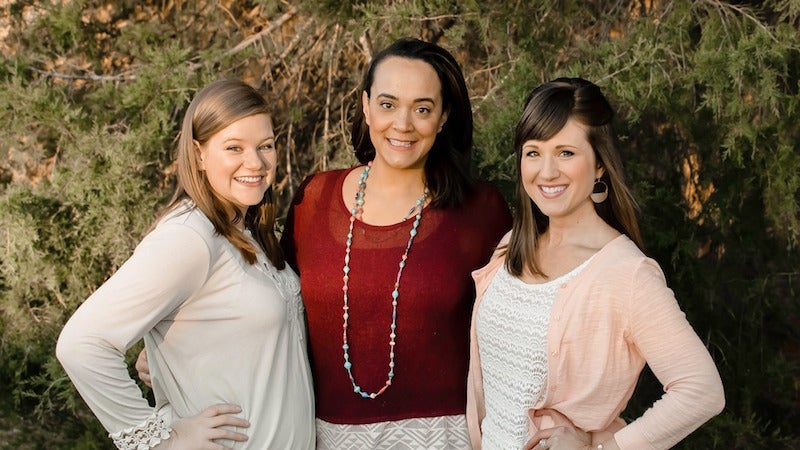Predictions tied to 2020 Census
Published 1:49 pm Wednesday, April 1, 2020
|
Getting your Trinity Audio player ready...
|
By DAISY WASHINGTON / Community Columnist
According to the Census Bureau population projections, the number of Americans ages 65 and older is projected to nearly double from 52 million in 2018 to 95 million by 2060, and the 65-and-older age group’s share of the total population will rise from 16 to 23 percent.
According to the University of Alabama’s Center for Business and Economic Research projections based on Census Bureau data, Alabama’s senior citizen population will increase by 543,401 people by 2040 over the 657,792 that it had in 2010, for a total 65-and-older population of more than 1.2 million.
That would make senior citizens 21.5 percent of the population, up from 13.8 percent in 2010.
With Shelby County leading, the center predicts the old-age population to more than double in eight counties. Twenty years from now, Coosa County is projected to have the highest proportion of residents who are at least 65, 36.4 percent of the projected overall population.
Much is at stake for seniors when it comes to being counted in the 2020 Census.
In 2016, for example, more than 300 federally funded programs relied on census data to distribute more than $675 billion to states and localities. That includes funds for schools, roads and hospitals as well as programs that aid older Americans, like Medicare Part B (source: AARP).
An AARP survey shows that most older adults want to stay in their homes and communities as they age.
Filling out the census could increase the likelihood of that happening.
Census data will be used over the coming decade to decide where to place parks, roads and hospitals.
It will determine funding for community projects that benefit people of all ages, including mass transit, which helps many people remain in their homes longer.
The number of seats in the U.S. House of Representatives, and the electoral college votes that each state gets, are determined by census numbers.
So, the political balance of power in America changes after each census.
If you are left out of this year’s census, you won’t be represented in the census for the next decade.
While a few unrepresented residents shouldn’t affect a community’s federal funding, if many in your area go uncounted, then federal money — or representation — that would rightly go to your region would go to other communities or states.








